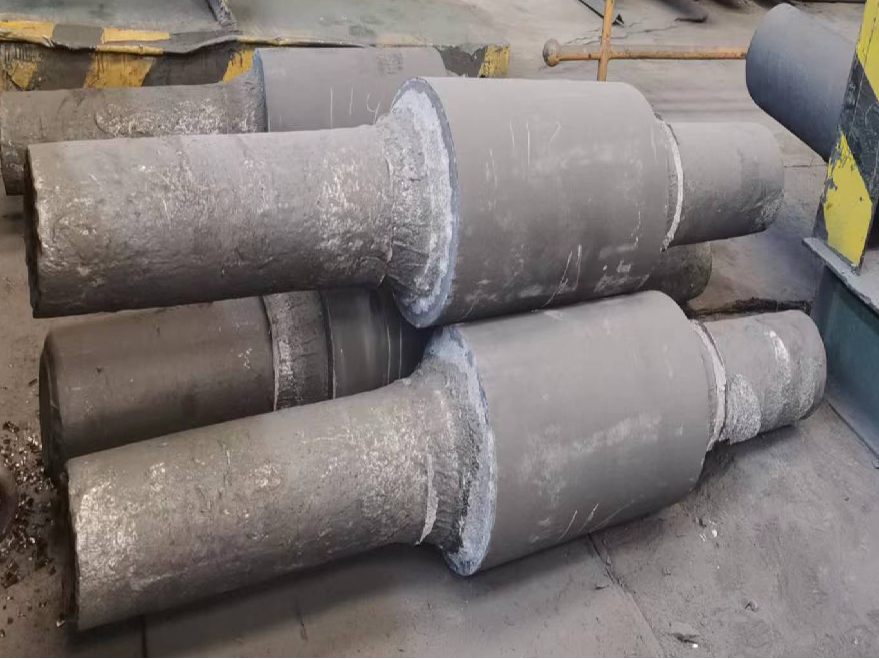In industrial manufacturing, the use of forged rolls is critical for a variety of applications such as metal processing, paper making, and plastic processing. These rolls, including work rolls, back-up rolls and back-up rolls, play an important role in shaping, shaping and processing materials accurately and efficiently.
Forged rolls are manufactured through a process that shapes and compresses metal under high pressure, resulting in a dense and durable product. This forging process increases the strength and integrity of the rolls, allowing them to withstand heavy loads and extreme operating conditions.
Work rolls are important components in metal rolling mills and are used to deform and shape metal plates and bars. These rolls are subject to tremendous pressure and friction during the rolling process, so it is vital that they are forged from high-quality materials to ensure longevity and performance.
Backup rolls provide support and stability to the work rolls, helping to maintain the required shape and thickness of the metal being processed. These rolls are also subject to heavy loads and require the strength and elasticity that forged rolls can provide.
Backup rollers, on the other hand, are used in a variety of industrial applications to provide additional support and guidance to the material being processed. Whether in paper production or plastics processing, support rollers play a vital role in ensuring smooth and efficient operation of machinery.
The use of forged rolls in these applications is critical to maintaining the integrity and efficiency of industrial processes. Their durability and resistance to wear and tear make them a valuable investment for companies looking to optimize their manufacturing operations.
Post time: Sep-10-2024